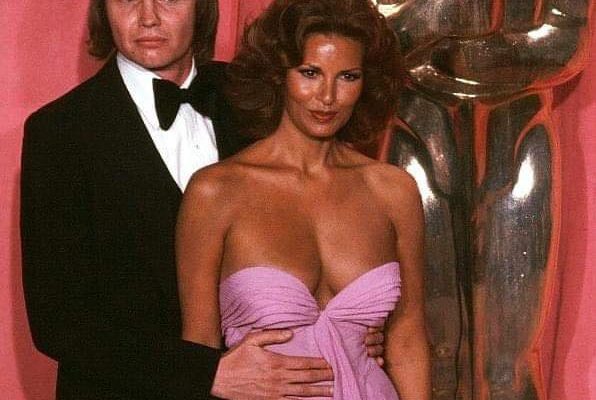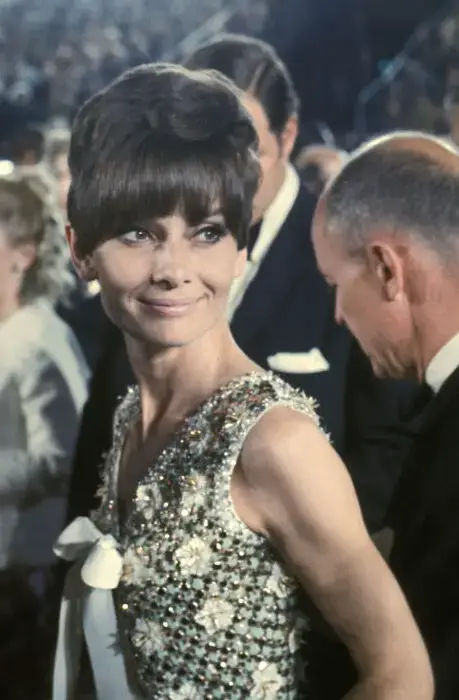Why the 1975 Academy Awards continue to stir debate and emotions
The Academy Awards, or the Oscars, remain the highest honor in filmmaking due to their historic significance, global recognition, and cultural impact.
The ceremony was first held in 1929, becoming synonymous with excellence in cinema, recognizing achievements in acting, directing, writing, and technical crafts. Over the years, it witnessed the greatest of all in the industry taking the stage, either as nominees, winners, or presenters.
At the same time, the Oscars have been all about prestige, glamour, and luxury.
One year in particular, 1975, is a representation of Hollywood’s creative reawakening. Many of the films that stood out that year pushed boundaries and represented the American culture from a rather different perspective, with directors such as Francis Ford Coppola and his masterpiece The Godfather Part II and Roman Polanski with the everlasting Chinatown promoting darker, more intense style.
All in all, this year’s Oscars was “back when actors and actresses had class and no political agenda,” but that wasn’t entirely true.
Nominated for the role of Lenny in a biographical film about comedian Lenny Bruce, actor Dustin Hoffman compared the Oscars to a beauty pageant, dubbing the ceremony ”ugly” and ”grotesque.” This led host Bob Hope to make a joke at Hoffman’s expense, saying, “If Dustin Hoffman wins tonight, he’s going to have a friend pick it up for him — George C. Scott,” referring to Scott’s refusal to receive his award four years prior. Hoffman, however, didn’t win.
One particular scene that is still remembered by many is the acceptance speech by documentary filmmaker Bert Schneider, whose winning documentary Hearts & Minds centered around the Vietnam War which was about to end in April of that year. Schneider couldn’t help but bring up the debate about the war, saying, “It’s ironic that we’re here at a time just before Vietnam is about to be liberated.”
He then read a telegram from Viet Cong Ambassador Dinh Ba Thi that said, “Greetings of Friendship to All American People” and thanked the anti-war movement.
This didn’t sit well with host Bob Hope who later handed a telegram to Frank Sinatra to read.
“The academy is saying, ‘We are not responsible for any political references made on the program, and we are sorry they had to take place this evening.’”
Shirley MacLaine, one of the co-hosts, and actor Warren Beatty fired back. “Thank you, Frank, you old Republican,” Beatty reacted, while MacLaine added: “You said you were speaking for the Academy. Well, I’m a member of the Academy and you didn’t ask me!”
What raised eyebrows that year was Art Carney winning an award for his portrayal of Harry and Tonto, as some believed this robbed Al Pacino of an Oscar for his iconic role as Michael Corleone in The Godfather.
A photo from that spectacular night that is still talked about today nearly fifty years later is that of Jon Voight and Raquel Welch, who were considered one of the most renowned actors in the world of film at the time, and even today.

What made this photo controversial isn’t the actors’ choice of outfit, which is relatively typical for that period, but the way Voight holds his fellow colleague.
While this image is considered iconic, it resurfaced recently and people couldn’t help but comment that Voight’s hold on stunning Welch is rather inappropriate. “Jon’s looking like a creep. Raquel doesn’t look comfortable. Unless they were a couple—that’s well creepy,” one woman commented. Another added: “She looks like he is touching her without her consent 🥺.”
As expected, there have been those who wrote that people are execrating as this was a normal pose back in the day.
The 1975 Oscars bring nostalgia for everything they represented.
Please SHARE this article with your family and friends on Facebook.






